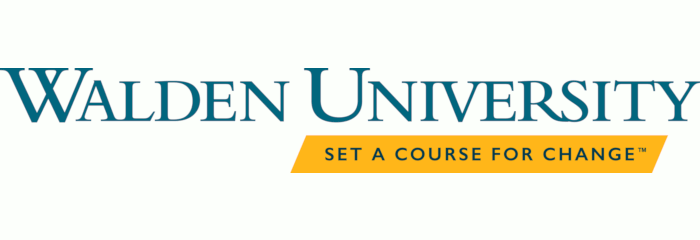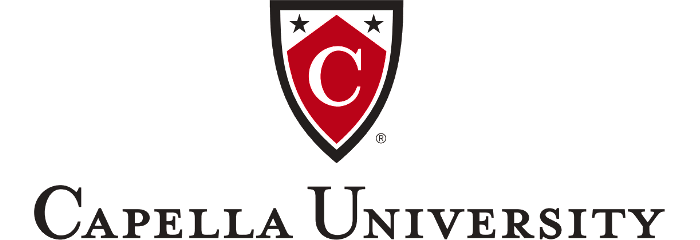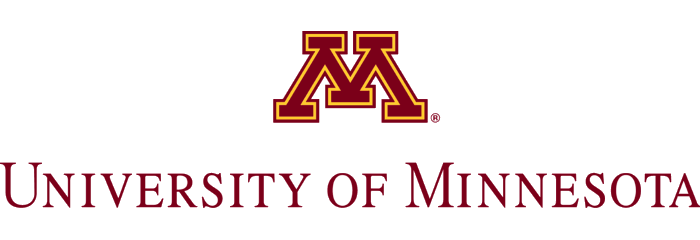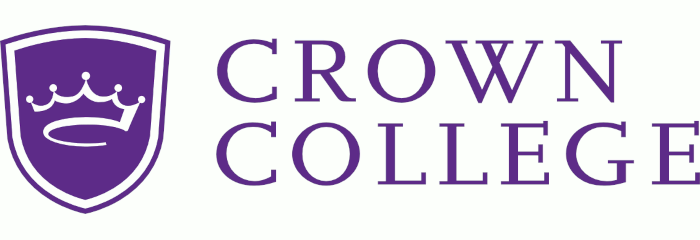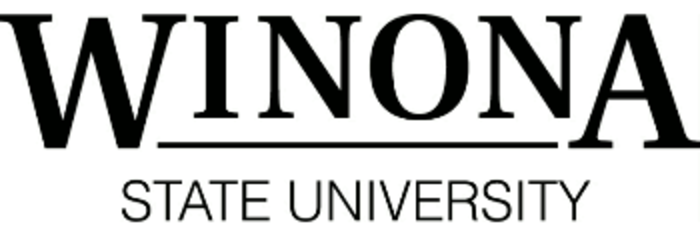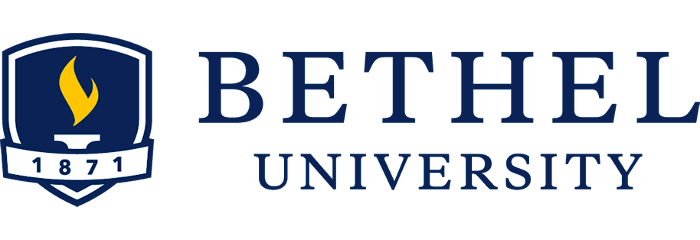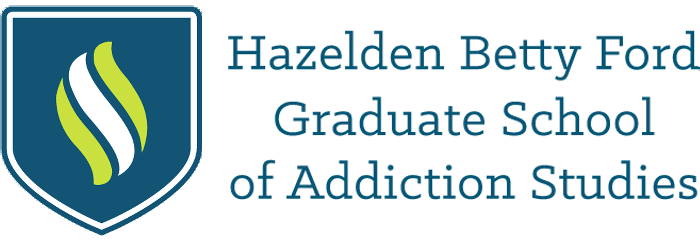2025 Best Online Substance Abuse Counseling Degrees in Minnesota
An online substance abuse counseling degree in Minnesota can provide you a dynamic learning environment that equips you with essential skills to address addiction issues. We recognize the state's unique need for trained professionals in this field, and all the Minnesota online schools we feature are fully accredited. We include master's, bachelor's, and certificate options in the field of substance abuse.
Key Takeaways:
- Capella University excels in popularity, with nearly 40,000 online students, positioning it in the top 2%.
- The University of Minnesota stands out for its high graduation rate of 84%.
- Winona State University enjoys a perfect recommendation rate of 100%, demonstrating high satisfaction.
Our ranking methodology for identifying the best online degrees by state is grounded in state-specific selection criteria. We consider colleges with a primary campus in the highlighted state, ensuring they offer a fully online degree. We assess online enrollment data from the Integrated Postsecondary Education Data System (IPEDS).
List Of Accredited Online Substance Abuse Counseling Schools
| School | Online Enrollment | Annual Tuition |
|---|---|---|
| Capella University | $15,066 | |
| University of Minnesota | 1,978 | $31,555 |
| Crown College | 1,000 | $11,280 |
| Bethel University - MN | 837 | $10,566 |
| Winona State University | 873 | $15,386 |
| Hazelden Betty Ford Graduate School of Addiction Studies | 123 | $26,755 |
2025 Best Online Substance Abuse Counseling Degrees in Minnesota
- Online Enrollment: 39,727 enrolled
- Annual Tuition: $15,066
- Location: Minneapolis
Online degree:
Why we like them: Capella stands out as a leader in online enrollment, ranked at #1 with over 39,700 online students, placing it among the top 2% of online schools nationwide. This rich enrollment is proof of the university's sound online infrastructure and wide reach. Capella's online Graduate Certificate in Contemporary Theory in Addictive Behavior provides an in-depth examination of substance-related counseling, with a curriculum requiring 20 credits over five courses. As an NAADAC-approved program, it provides contemporary education in theories of addiction, group therapy, and interventions, and it's blended with real world applications.
- Online Enrollment: 1,978 enrolled
- Annual Tuition: $31,555
- Location: Minneapolis
Online degree:
Why we like them: UMN, which has a 92% recommendation rate among students, ranks prominently due to its online enrollment figures that number almost 800 graduates. The MPS in Addictions Counseling at UMN requires 30 credits for completion, typically taking students between 1.75 to 3 years. The program offers opportunities for cost-saving through an accelerated cohort option. On completion, the program fulfills the educational and internship requirements for the Minnesota Licensed Drug and Alcohol Counselor license. It incorporates a blend of online and in-person courses providing a strong foundation for personal and professional growth.
- Online Enrollment: 1,000 enrolled
- Annual Tuition: $11,280
- Location: Saint Bonifacius
Online degree:
Why we like them: CC is ranked third on our list, bolstered by a significant online enrollment of 1,000 students. This strong online presence is complemented by a world-class faculty that will support you on your journey in addiction counseling. CC's alcohol and drug counseling bachelor's degree, delivered through an efficient online format, is tailored for working adults. The program primarily spans eight weeks per course and integrates faith-based teachings with professional counseling practice. A required internship in the final semesters allows you to gain hands-on experience.
- Online Enrollment: 873 enrolled
- Annual Tuition: $15,386
- Location: Winona
Online degree:
Why we like them: WSU's offers online learning opportunities such as the Graduate Certificate in Addiction Counseling, which places at #4 on our list. The university attracts a commendable number of remote learners, reflecting its growing reputation and accessibility in the online education landscape. Such data-driven insights affirm WSU's commitment to not just enrolling students but guiding them toward successful program completion in the distance learning community. The Graduate Certificate in Addiction Counseling from WSU gives graduates a strong learning environment for current and future professionals aiming to become Licensed Alcohol and Drug Counselors.
- Online Enrollment: 837 enrolled
- Annual Tuition: $10,566
- Location: Saint Paul
Online degree:
Why we like them: At #5 on our list is BUMN, who garners distinction owing to its growing online enrollment strength, supporting 837 distance learners. BU's online addiction studies certificate program requires 18 credits for completion, with courses starting every six weeks and allows completion in as few as 8 months. The curriculum includes courses like Counseling Soft Skills, an Introduction to Addictions Counseling, Pharmacology of Addictions, and the Assessment and Treatment of Co-occurring Disorders, ensuring a well-rounded experience. The school's Higher Learning Commission accreditation since 1959 further ensures adherence to high quality standards.
- Online Enrollment: 123 enrolled
- Annual Tuition: $26,755
- Location: Center City
Online degree:
Why we like them: Ranked at #6 for its popularity among online students is Hazelden, which exemplifies excellence in reaching out to distance learners. Hazelden offers a CACREP-accredited MA in Addiction Counseling, which requires 60 credit hours for completion and creates a well-rounded professional during the course of their studies. This online graduate program emphasizes integrated treatment for both mental health and substance abuse, preparing students to tackle critical issues such as differential diagnosis, trauma-informed treatment, and psychopharmacology through evidence-based approaches.
Overview of Substance Use Counseling Degrees in Minnesota
In the midst of a national drug epidemic, Minnesota has much to be proud of. A 2025 study conducted by WalletHub found that the state has in the country, coming in at 45 out of 50 states.
Nevertheless, state and local agencies are intent on providing more treatment options for substance use disorder. According to the Bureau of Labor Statistics, there are substance abuse, behavioral disorder, and mental health counselors employed in the state who earn a mean annual wage of $54,420 (slightly above the U.S. average for this role). However, demand is expected to over the next 10 years, which means more employment opportunities for certified substance use professionals.
In Minnesota, an advanced degree in addiction counseling may qualify you for supervisory positions. Discover your online options with our lists of the best online substance abuse counseling master's degrees.
FAQs About Substance Use Counseling Degrees in Minnesota
What Can You Do With a Substance Use Counselor Degree in Minnesota?
In Minnesota, graduates who've pursued traditional or online substance abuse counseling program can choose to follow one of two career paths detailed below:
One path is to focus on clinical roles, providing substance abuse counseling in Minnesota. A bachelor's degree, together with about one year of supervised work experience, qualifies you to become a Licensed Alcohol and Drug Counselor (LADC).
The other main option is to pursue a nonclinical career, assisting people in your community by working in a state or local government agency or nonprofit organization. As a community health worker or a health education specialist, your day-to-day responsibilities may include overseeing prevention or treatment programs, creating educational campaigns, or conducting fundraising activities to support the organization. As you gain experience, you may be able to advance to higher-paying leadership positions.
Learn more about online substance abuse counseling careers by exploring our career guide.
How Do I Become a Substance Use Counselor in Minnesota?
Before you can become a certified substance use counselor in Minnesota, you should apply for a temporary permit from the Minnesota Board of Behavioral Health and Therapy (). This permit allows you to work in substance use counseling in Minnesota while you complete all of the requirements for full licensure.
To apply for a temporary permit, you'll need to have completed at least 60 college credits or an associate degree at an accredited college. Of these credits, 18 must be courses on alcohol and drug counseling. You'll also need 880 hours of alcohol and drug counseling work experience under the supervision of a Minnesota licensed counseling professional.
When you are ready to begin practicing independently, you can submit an application to become a Licensed Alcohol and Drug Counselor (LADC). You will need a bachelor's degree in addiction counseling or a similar field with extensive coursework in addiction counseling. You'll also need 880 hours of supervised work experience. You must then pass either of the two national exams sponsored by the International Certification and Reciprocity Consortium () — the Alcohol and Drug Counselor exam or the Advanced Alcohol and Drug Counselor exam.
As you continue in your career, you'll need to renew your substance abuse counseling certification every two years. Renewal requires the completion of 40 hours of continuing education.
If you would like to earn an online substance abuse counseling degree at the bachelor's level, you may also be interested in our lists of the most affordable online substance abuse counseling degrees.
Does Minnesota Have Reciprocity for Substance Use Counselors?
Yes, substance use counselors in good standing from other IC&RC member states may be granted LADC certification in Minnesota through reciprocity. Once your application has been approved by the BHHT, you can legally provide face-to-face, telephone, or online substance abuse counseling in the state.
How Long Does It Take To Become a Substance Use Counselor in Minnesota?
Compared to other states, the process for becoming a LADC in Minnesota is relatively quick. You'll need to earn a bachelor's degree in substance use counseling, which usually takes four to five years. You'll then need to accumulate 880 hours of supervised work experience, which generally takes about a year, during which time you can prepare to take the ADC or AADC exam.
If you want your degree to remain more open, maybe an online counseling degree is what you're looking for.

